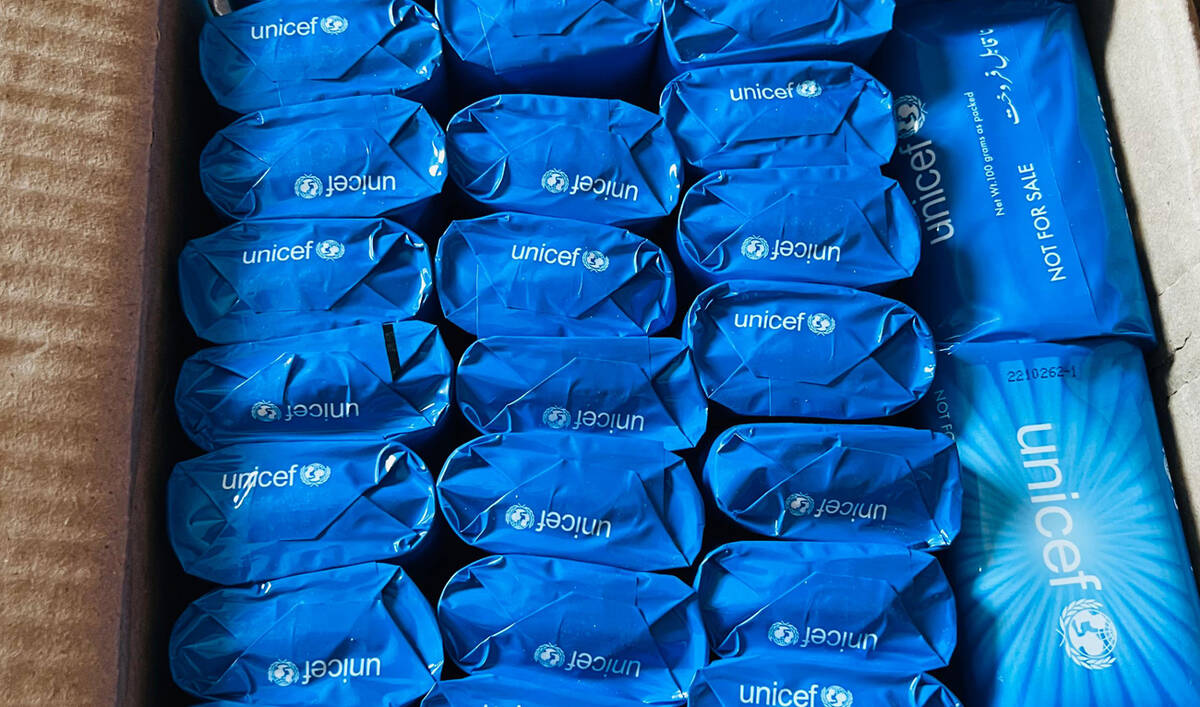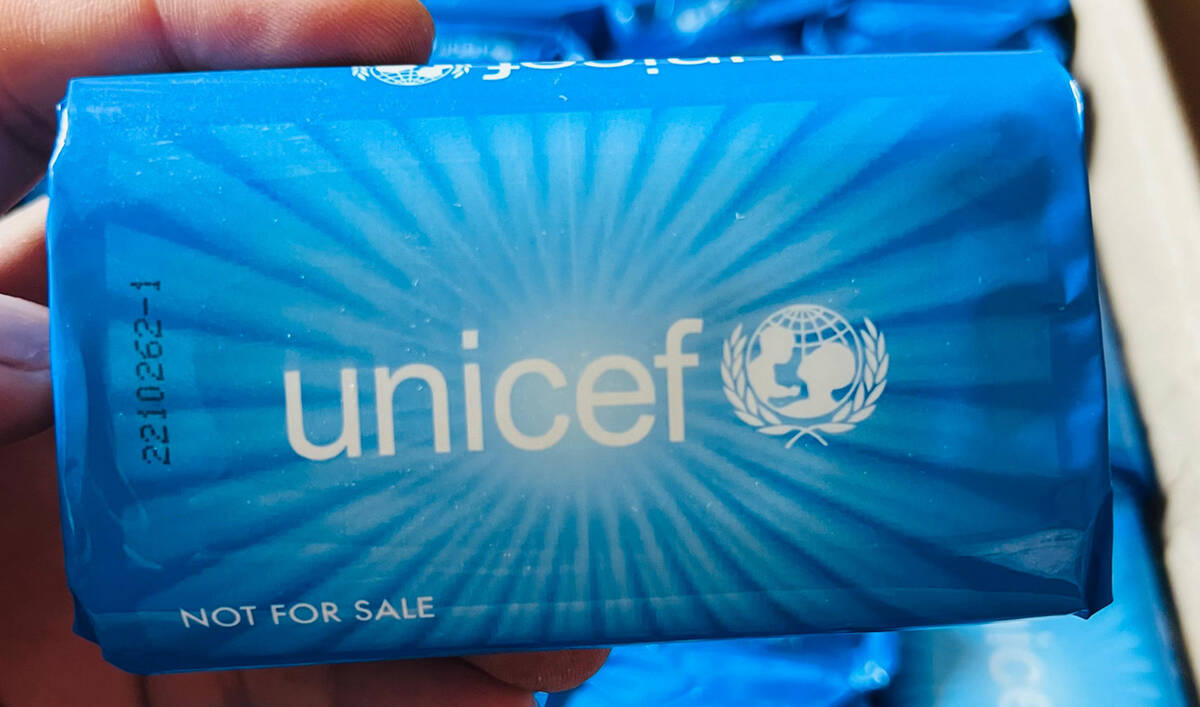DUBAI: An annual exhibition running at the Dubai Global Village (DGV) is drawing thousands of Pakistanis living in the United Arab Emirates with the scents, sounds, colors, flavors of home.
The Pakistan pavilion at the venue, one of the world’s largest tourism, shopping and entertainment projects, is hosting 50 exhibitors showcasing traditional Pakistani craft, apparel and cuisine.
The exhibition opened in October and will run through April.
“If you can’t go to Pakistan and you come here, it gives you a feel,” said Myra Khan, a Lahori who was raised in the UAE and regularly visits the exhibition to buy Kashmiri shawls, khussa shoes and local food. “I really love the food and whole cultural atmosphere and ambience. It really reminds me of my home country.”
Attracting millions of visitors annually, the DGV is celebrating its silver jubilee this year, with 76 cultures represented at over 3,500 exhibition stands offering everything from traditional dishes, handicrafts, designer clothes and live shows and music.

Traditional Pakistani fabrics on display at the Pakistan Pavilion at Dubai Global Village, Dubai, UAE, on December 14, 2020. (AN photo by Asma Ali Zain)
The Pakistan pavilion was set up at the venue 20 years ago and plays a major role in promoting the country’s heritage and goods in the Gulf region. Many Pakistani greats, including singer Atif Aslam and legendary pop band Junoon, have performed at the pavilion over the years.
“Every day nearly 10,000 people visit the pavilion, mostly buyers and exhibitors,” Hassan Ali, a representative of Al Wasmi Heritage Consultancy that has been managing the pavilion for the past five years, told Arab News this week.
The number of visitors attracted to Pakistani goods and culture doubles over the weekends and holidays, he added, with many drawn to leather products and textiles.
“We also offer traditional cuisine, from haleem to all types of chaat, which are well-loved by all those visiting,” Hassan said.
Chiffon clothes with zari work are especially popular among Arab visitors, although pure cotton textiles brought directly from factories in Karachi and areas of Punjab also sell well. Intricate handcrafted marble decorations are available for anywhere between 45 and 200 dirhams.

Leather goods on display at the Pakistan Pavilion at Dubai Global Village, Dubai, UAE, on December 14 2020. (AN photo by Asma Ali Zain)
Pure lambskin jackets are a steal at 150 dirhams ($40).
“Pakistani leather jackets are very famous among the Indians,” said Syed Waqar Ali Rizvi, who brings leather products from his factory in Karachi each year. “We also have other items such as belts, and purses that are famous too.”
Indian visitor Hurair Ashraf, who has been coming to the Pakistani pavilion for the past 10 years, praised the quality of Pakistani leather products.
“I come to this pavilion mostly for leather items,” he said, “which I feel are pure leather.”


















